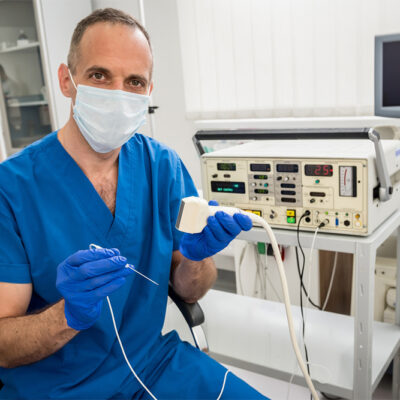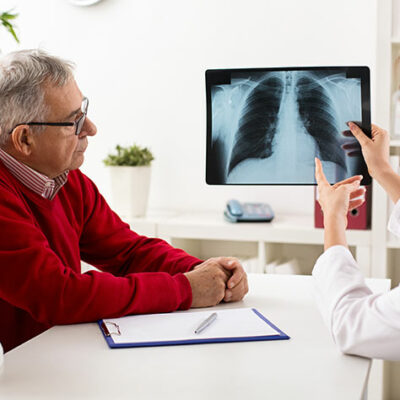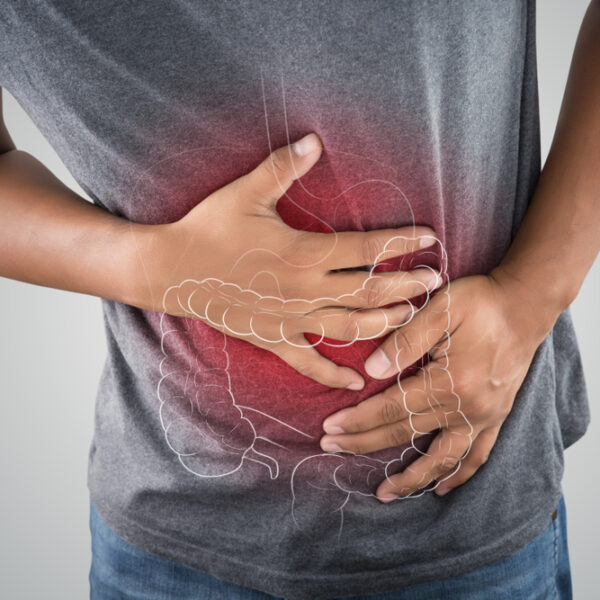
8 Nutrients That Help Improve Blood Flow
The blood is crucial for the body to function, as it provides oxygen and nutrients that organs need to carry out vital tasks. So, problems with blood circulation can lead to various health issues, including muscle pain and weakness, pale skin, chest pain, and numbness. When dealing with such issues, it is important to consult a healthcare professional and get appropriate care.
Read More 









